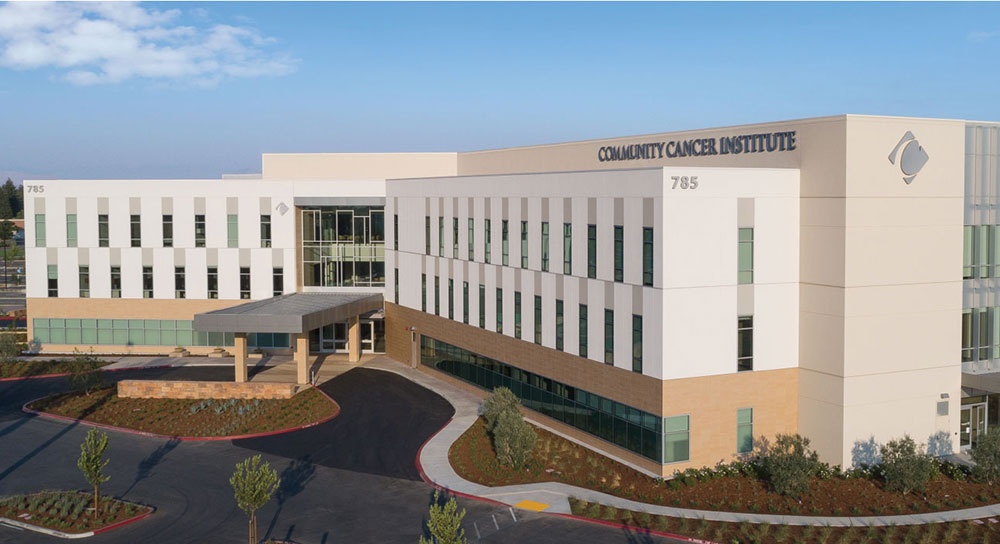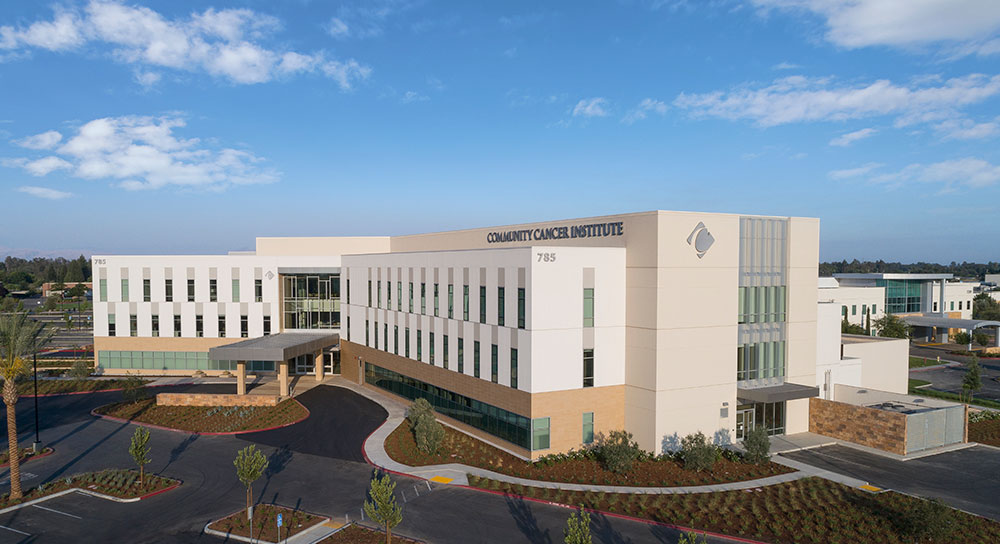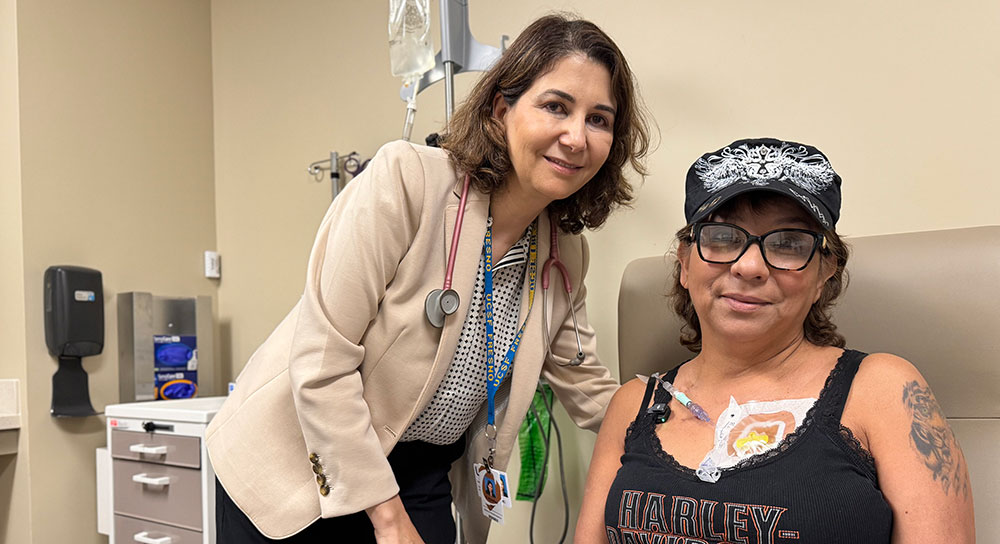This article was first published February 16, 2021, and has been updated.
On a busy workday and school distance learning morning, Michael Bailey was on dad duty. On a typical morning, he would have breakfast ready for his daughter Megan and make sure she was set to connect to class remotely before his usual 8:30 a.m. work check-in call. But this was no ordinary morning.
When Megan woke, it was immediately clear something was wrong. Overwhelming dizziness left her disoriented, weak and vomiting.
“I did what every good dad would do,” said Bailey, “I searched the web for answers. I was pretty sure it was vertigo, which usually passes within hours.”
When the episodes continued, Bailey grew more concerned. “It was so bad that just turning her head made her sick. She couldn’t keep any liquids down, and I was getting worried that she would get dehydrated.”
Bailey didn’t consider an emergency room visit, because Megan was breathing fine and didn’t have a fever. But he did need a doctor’s advice and started assessing his options for transporting a dizzy and nauseous teenager. “I called her pediatrician’s office,” Bailey said, “and they suggested a video conference call.”
Recent COVID-19 surge puts strain on emergency departments; limits beds
The rise of the Delta variant of COVID-19 has put a strain on hospitals. Surge protocols that were put into place during the height of the virus in late 2020 are once again in use.
With emergency rooms crowded and ICU beds occupied by those infected with COVID-19, people are encouraged to seek care in other ways, if possible.
Good care can be found via video chats
The COVID-19 public health emergency and social distancing directives enacted in 2020 opened up new options for healthcare visits, including video calls. The first quarter of 2020 saw a 50% jump from 2019. One week in March 2020, the telehealth visit rate increased by 154% compared to the prior year, according to the CDC. At that same time, emergency room visits declined.
When COVID-19 emerged locally and statewide shelter-in-place orders went into effect, Community Medical Centers and its affiliated medical providers collaborated quickly to securely connect virtually with patients. Since then, more than 220 physicians have provided nearly 10,000 telemedicine visits a month, increasing access to care for many who might have gone without.
“People are actually, truly able to give good care over a computer or an iPad,” said Dr. Tom Utecht, Community’s chief medical and quality officer. He added that quality of care always depends on the doctor, the patient’s ability to describe issues and the device they’re connecting over.
When Bailey called Megan’s pediatrician, he learned they could see her doctor via a telehealth visit. “It was so convenient. I called and they quickly scheduled us for a visit that we could do right over the phone using the computer camera,” Bailey says.
Not only did Bailey get a same-day virtual appointment with Megan’s pediatrician, but the pediatrician sent a prescription electronically that helped. “Within a few hours, we went from a stressful situation to one of recovery. And the only time I had to leave the house was to pick up the medicine from the drive-through,” he says.
Other care options
The first step to be ready for those sudden illnesses or injuries is to learn about non-urgent appointment options available by contacting your primary care physician’s office. Your doctor’s office may have phone or virtual appointments available. These can be done on a smart phone, laptop or computer. Most medical offices will also help with technical aspects of connecting virtually.
Your medical office may also offer urgent care services for non-emergency conditions that need attention within 24 hours. Urgent care clinics offer care on weekends and after-hours.
And, to reduce risk of serious illness or death due to COVID-19, you are encouraged to get the COVID-19 vaccine. Information about where to get the vaccine can be found on the Fresno County Department of Health’s website.


.jpg)


